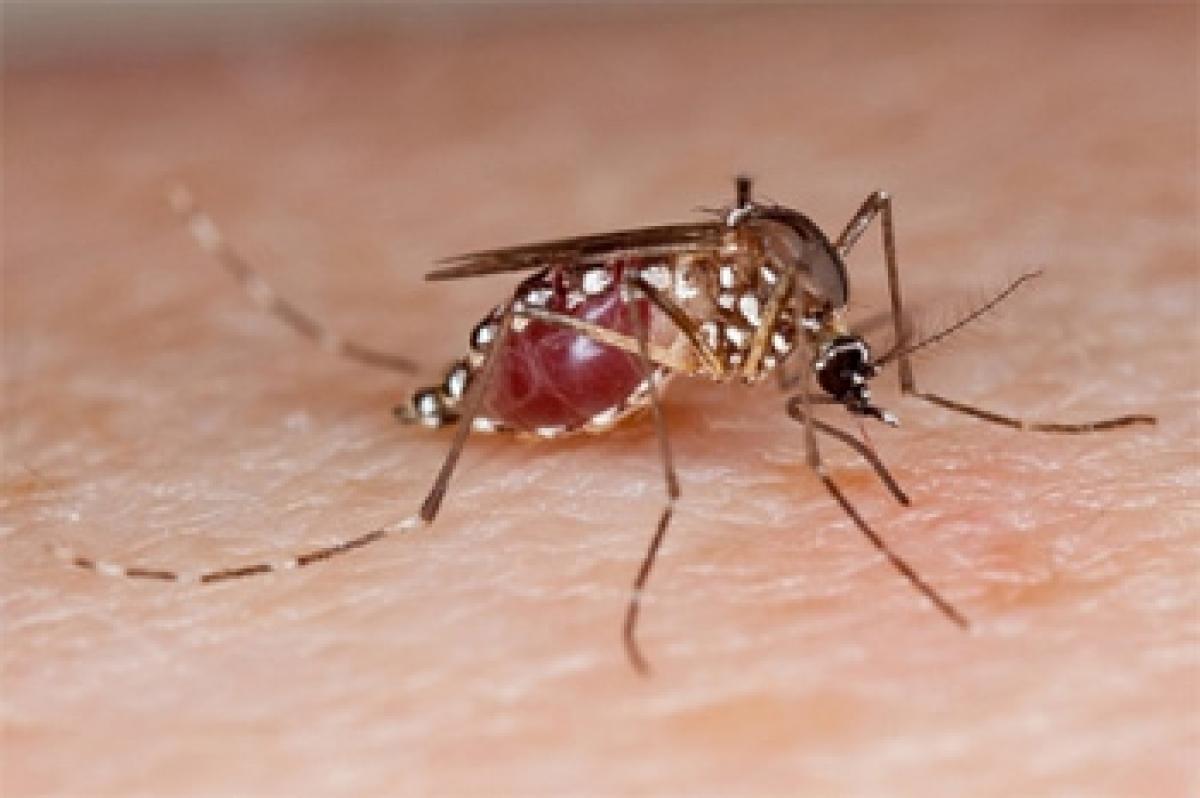Live
- Supreme Court trashes pleas challenging insertion of ‘Socialist’, ‘Secular’ in Preamble to Constitution
- iPhone production reaches $10 bn in India in April-Oct, creates 1.75 lakh direct jobs in 4 years
- Australian govt orders national review into school bullying
- Isro's Busy End to 2024: Key Space Missions, Including Spadex and Proba-3, Planned for December
- Rajaka Udyoga Sangam new committee elected
- Astronauts Stuck in Space: Sunita Williams and Barry Wilmore's Mission Extended Until February 2025
- 'Muslims don't vote for JD(U)', says Union Minister Lalan Singh
- St. Joseph’s organises literary fest
- Indian GenAI startups see 6 times surge in funding in Q2
- Revanth is a liar: Errabelli
Just In

The emerging world order is not only witnessing globalisation of goods, services, capital and human resources, but even lethal viruses and the deadly diseases they cause. The latest is the looming threat of Zika virus which is estimated to have affected as many as 32 countries from South America to the Western Pacific. The World Health Organisation (WHO) has already called it a global emergency.
The emerging world order is not only witnessing globalisation of goods, services, capital and human resources, but even lethal viruses and the deadly diseases they cause. The latest is the looming threat of Zika virus which is estimated to have affected as many as 32 countries from South America to the Western Pacific. The World Health Organisation (WHO) has already called it a global emergency.
The WHO expressed much more concern over the reported sexual transmission of Zika virus in United States. This virus is usually transmitted through mosquitoes. Sexual transmission may make the efforts to combat the virus tougher. Brazil's second largest city, Rio de Janeiro, will be hosting the Olympics in August this year. The Brazil is already declared as a Zika-prone country, raising further alarm of its spread as thousands converge there.
The Zika infection may cause microcephaly, a condition of abnormally small head size that can lead to permanent brain damage in newborns. The Zika is suspected to cause serious damage to nervous and immune system in infected adults.
The challenge is much more serious as there is no treatment or vaccine for Zika virus. Experts suggest that in 80 per cent of cases, there are no symptoms, too. There are no reliable diagnostic tests to establish the presence of Zika infection.
This public health challenge can therefore be mitigated by controlling mosquito menace. The Aedes aegypti mosquito carries not only Zika but even Dengue, Chikungunya and Yellow Fever. Though, India is yet to record the Zika infection, the other infections caused by this species of mosquito are widely prevalent in India causing alarm over the country’s vulnerability to Zika, too.
Mop up stagnant waste where mosquitoes breed. The insects can also be killed by frequent fumigation. Travel to Zika-infected regions of the world should be postponed. Several countries have already commenced research to invent a vaccine for Zika.
There needs to be a synergy between these efforts to come out with a reliable vaccine at the earliest. Brazil is mobilising its armed forces for nationwide information campaign to fight mosquito menace. Other countries should also follow this example for initiating a massive campaign.
The history tells us that as this public health effort get slackened, mosquitoes return in buzzing millions. Therefore, the effort should be a sustained one till the world is free of this insect. Besides, research into novel ways to kill mosquitoes should be provided with more funds. The Economist reports that genetic modification which produces mosquitoes that are sterile but still attractive to other mosquitoes, shows promise.
Releasing swarms of modified insects can reduce the unmodified population in months. Such an effort would help in not just controlling Zika but many other infections including Malaria. Governments in Brazil, Colombia, El Salvador, Jamaica, are advising women to delay getting pregnant. But, there is no need to be so panicky in India. India cannot remain unconnected in the globalised world. India should join this national and international endeavour to fight such deadly infections.

© 2024 Hyderabad Media House Limited/The Hans India. All rights reserved. Powered by hocalwire.com







